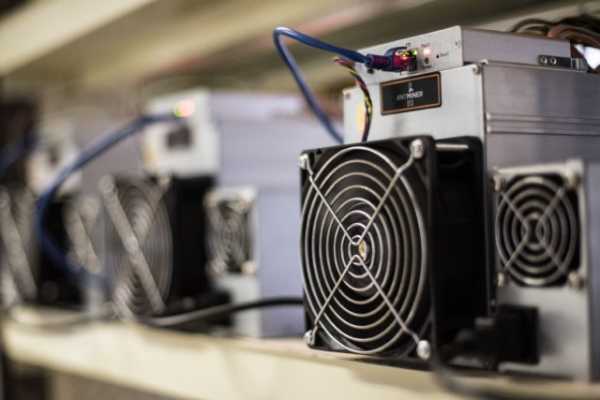World War III Threatens Bitcoin Mining Infrastructure | Opinion

Disclosure: The views and opinions expressed here are those of the author alone and do not reflect the views and opinions of the crypto.news editorial board.
The global geopolitical situation has deteriorated significantly over the past few years. With Europe rearming, there is a clear and present threat – World War III – to the European and Eurasian infrastructure of Bitcoin (BTC) and other cryptocurrencies.
You may also be interested in: Bitcoin mining could be a catalyst for US growth if regulators prioritize it | Opinion
Germany is estimated to be responsible for 5% of the Bitcoin hashrate, while Norway holds 2%. Meanwhile, 11% of the Bitcoin hashrate is concentrated in Russia. These hashrates could be at risk if full-scale hostilities break out. Bitcoin and cryptocurrency infrastructure in these regions could be subject to targeted or collateral damage. In any case, a larger conflict in Europe would likely lead to a direct or indirect decline in mining in the region, whether due to high electricity rates, energy caps, or other factors.
These companies use hydropower, wind, solar and geothermal energy, often interacting with local grids or heating systems, making them important critical infrastructure.
Bitcoin Miners in Norway
Norway is a prime example of cities becoming dependent on Bitcoin miners. After one local miner closed, electricity bills increased by $300 per year for each household in one Norwegian city.
The miner contributed 20% of the total electricity costs in the area. After he left, the city's electricity costs skyrocketed. This incident highlights the growing importance of Bitcoin and cryptocurrency miners as critical infrastructure and potential targets. In such a situation, an adversary may view shutting down the miners as a legitimate step in a war.
Bitcoin and Cryptocurrency Miners in Europe
Bitcoin infrastructure and mining processes could be at risk across the continent. European mining centers are concentrated in Norway, Sweden, Finland, Germany, Austria, and Iceland.
Norway is Europe’s largest mining hub, accounting for about three percent of the world’s Bitcoin hashrate. The country is home to several mining companies. Kryptovault has multiple facilities in northern Norway. Northern Data is headquartered in Germany, but operates several mines in Norway, including the Lefdal Mine data center.
Sweden, where military spending has increased by 40% amid tensions with Russia, is home to numerous mining facilities, including Northern Data, especially its facility in Boden. Canadian company Hive Blockchain also has facilities in Sweden.
In Finland, Terahash Genesis is a project that provides district heating for a city of 12,000 people, making it potentially critical infrastructure. Heat from high-temperature shaft installations is used to provide hot water in the summer and home heating in the winter.
Terahash is working with industrial parks in Germany to combine solar PV, energy storage, and miners to provide grid stability and heating. Frankfurt-based Northern Data also operates a site in Germany. Terahash Energy has also launched pilot projects to test the concept in Germany and Finland. Germany, of course, is undergoing a much-publicized retooling program that has received parliamentary approval.
The Austrian Power Grid and 21Energy Pilot experiments use bitcoin mining to recycle excess renewable energy to support the national grid. Genesis Mining opened its first mine in Iceland in 2013; the company also mines in other locations, including smaller-scale operations in Latvia and Lithuania. Ireland and Greece are also home to miners.
Bitcoin and Cryptocurrency Miners in Russia
Russia also has large Bitcoin mining companies. BitRiver operates out of Bratsk, Siberia, one of the largest data centers in the former Soviet Union. In 2022, BitRiver was sanctioned by the U.S. Office of Foreign Assets Control (OFAC) for assisting sanctions evasion. In October 2024, BitRiver partnered with the Russian Direct Investment Fund (RDIF) to expand Bitcoin mining and AI computing power in the BRICS countries.
OFAC sanctioned 10 Russian subsidiaries of BitRiver AG for their activities in the Russian technology sector. BitRiver eventually transferred legal control of the company to a Swiss holding company.
Gazpromneft, a subsidiary of Russian state-owned gas giant Gazprom, is implementing the Siberian project at an oil drilling site in the Khanty-Mansi Autonomous Okrug in northwestern Siberia. The project uses associated natural gas to generate electricity for the mining industry.
According to the St. Petersburg International Economic Forum, Gazpromneft is cooperating with BitRiver
Source: cryptonews.net



